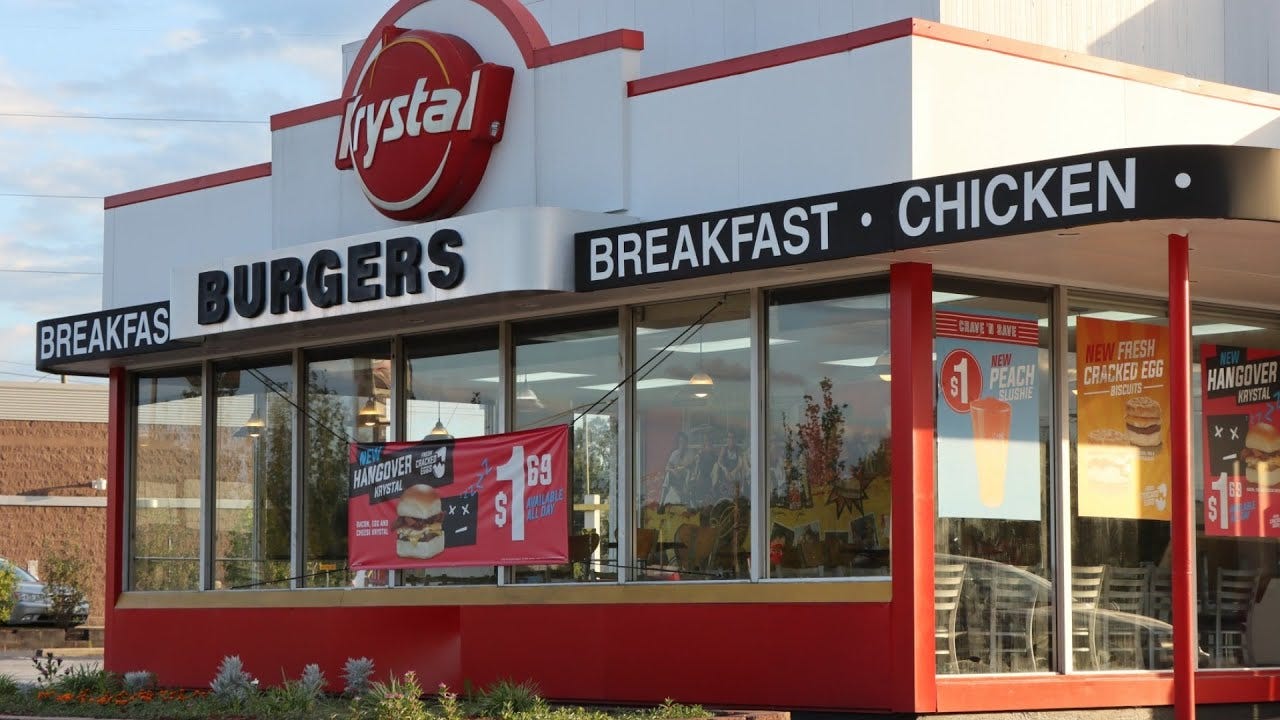In the ever-competitive fast-food industry brands like Burger King and Bojangles are facing a series of economic challenges that have led to significant shifts and closures, highlighting the volatile nature of the business amid current global financial pressures. The recent filings for Chapter 11 bankruptcy by several prominent franchise operators underscore the harsh realities of operating within this sector.

A Storm Brewing in the Fast-Food Sector
The fast-food landscape has been enduring brutal competition, exacerbated by inflation and the economic uncertainties looming over consumers. The affordability of home dining, coupled with rising labor costs and an increased debt load from the COVID-19 pandemic, has created a perfect storm for companies struggling to keep their doors open.
Restaurant Brands International (RBI), the powerhouse behind Burger King and Popeyes, has felt the brunt of these challenges more than most. In a startling revelation, three major Burger King franchisees declared bankruptcy in 2023, leading to the closure of hundreds of outlets.
Popeyes wasn’t spared either, with significant numbers of its franchises also succumbing to financial strain. RBI’s intervention to purchase Carrols, its largest Burger King franchisee, underscored the severity of the situation. Carrols, operating 1,022 Burger King and 60 Popeyes restaurants, represented a significant portion of RBI’s franchise operations, hinting at the depth of the crisis within the fast-food giant’s empire.
Fast-food chain nears end after failed Chapter 11 bankruptcy filings https://t.co/88qlzyO5Mx via @worstideasTST
— Coral Twining (@TwiningCoral) March 26, 2024
The Ripple Effects of Bankruptcy
The bankruptcy filings didn’t just signify financial trouble for the franchise operators but also led to RBI making strategic moves to salvage its operations.
The company stepped in to buy out certain locations of its bankrupt franchisees, Premier Kings and Meridian, allowing some stores to remain open while others were shuttered. This move highlighted RBI’s commitment to maintaining its presence, even as it navigated the complexities of bankruptcy and ownership transitions.
Bojangles’ Bankruptcy Woes: A Symptom of a Larger Problem
Bojangles, another significant player in the fast-food arena, faced its own set of challenges. Known for its Southern-style offerings, the chain saw the closure of all its Maryland locations due to financial issues plaguing one of its franchisees.
Unlike RBI, Bojangles’ private ownership under Durational Capital Management LP and Jordan Co. limits public insight into its financial health, leaving industry observers to speculate on the brand’s overall stability.
The bankruptcy of Bojangles’ franchisees not only resulted in store closures but also brought to light allegations of wage theft and fraudulent practices by the former operators, further tarnishing the brand’s reputation. The company’s reliance on the franchise model, similar to RBI, exposes the inherent risks of this business strategy, particularly in times of economic downturn.

Burger King and Bojangles: The Fast-Food Industry at a Crossroads
The fast-food industry stands at a crossroads, with economic headwinds and operational challenges forcing companies to reevaluate their strategies. For RBI and Bojangles, the path forward involves navigating the complexities of bankruptcy, franchise management, and brand reputation, all while striving to retain customer loyalty in an increasingly competitive market.
The recent upheavals serve as a cautionary tale for the fast-food sector, emphasizing the need for adaptability, financial prudence, and innovative customer engagement strategies.
As companies like RBI and Bojangles chart their courses through these turbulent waters, the industry watches closely, aware that today’s challenges are shaping tomorrow’s fast-food landscape.










